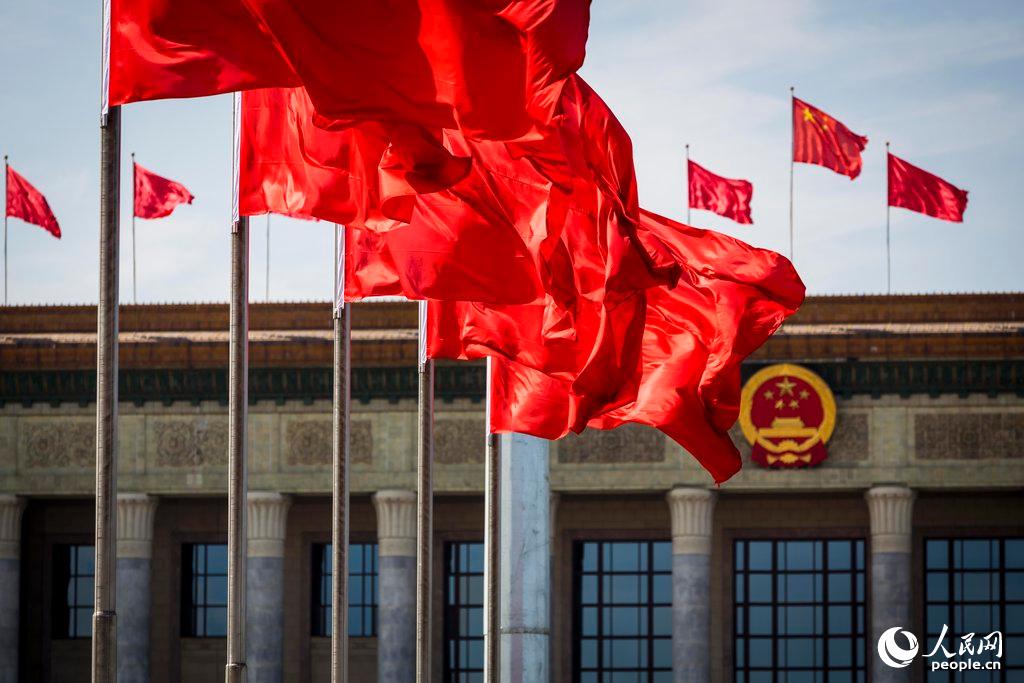NPC&CPPCC “warm up” steel market in May
The steel market has always been said to be “peak season on March and April,off season on May”.But this year steel market was affected by the Covid-19 as domestic transportation and logistics were once interrupted. In the first quarter, problems such as high steel inventories, a sharp drop in downstream demand, and a sharp decline in corporate profits have plagued steel companies. So peak season disappeared on March. After entering the second quarter, thanks to the continuous introduction of the national hedging macroeconomic downward policy and the continuous acceleration of the national resumption of production and production, the downstream demand in the steel market began to pick up, and the steel stocks also continued to decline for 2 consecutive months. But considering this is the market After the deep fall, “Peak season on April” was inadequate. From the past experience, with the arrival of the rainy season in the south, steel demand usually begins to shift from a phased peak season to a phased off-season after the Labor Day, and steel prices are mostly operating weakly, so there is a statement for “off season on May” .
This year, affected byCOVID-19, the downstream demand has been delayed, and the holding of the NPC&CPPCC the country has been postponed to late May. As the time of the two sessions of the country is approaching, the effects of the two sessions will bring multiple benefits, blowing a burst of warmth into the steel market, which will strongly boost the confidence of the market and downstream industries.
The contradiction between supply and demand ushered in a phased relaxation. It is not difficult to find that every year the two sessions of the country are accompanied by an “environmental protection storm.” In order to ensure the air quality during the two sessions, some steel companies need to stop production during this period. This has reduced the market supply pressure to a certain extent, superimposed the continuous decline in inventory, accelerated demand release, and other factors. The market supply and demand contradiction has ushered in a period of relaxation. Steel prices are also expected to rise slightly due to this effect.
Overall, under the favorable blessings expected by the National People’s Congress and the National People’s Congress, the steel market sentiment has been repaired, but the problem of insufficient demand is still obvious. To this end, steel companies should take advantage of the synergy effect of the industrial chain, and timely track the demand information of downstream industries. After the government work reports issued by the two sessions of the country this year, they will promptly look for the steel opportunities contained therein.
